| One of the pleasures of the physical book, as opposed to ebooks, is the value it confers beyond the words within it. Many of us find, despite potential minimalist inclinations, there are books we don’t want to let go of. Part of the pleasure of the book is to look at it. |
Welcome
I started this blog in 2013 to share my reflections on reading, writing and psychology, along with my journey to become a published novelist. I soon graduated to about twenty book reviews a month and a weekly 99-word story. Ten years later, I've transferred my writing / publication updates to my new website but will continue here with occasional reviews and flash fiction pieces, and maybe the odd personal post.
|
8 Comments
Not really, of course! But I thought it would be fun to combine my reviews of two novels with “Everything” in the title, especially when both explore the nature of memory and require the reader to work a little harder to figure out who is speaking sometimes. Oh, and they both have blue covers!
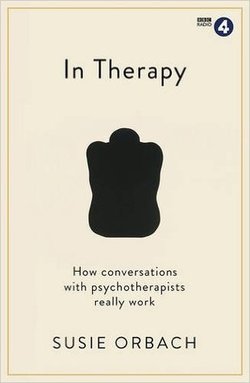 Psychotherapists face a dilemma when it comes to sharing the fruits of their discoveries with a wider public. The technical language, especially regarding psychoanalytic psychotherapy, which practitioners use to communicate between themselves, can be cumbersome, offputting and open to misinterpretation by the uninitiated. Case studies, such as those assembled by Steven Grosz, can be both extremely readable and illuminating, but they do present a problem of confidentiality: even when clients give their consent, some would question whether, within the power dynamics of the relationship, this can ever be freely given yet, the more the details are anonymised, the greater the potential distortion. Susie Orbach is a British psychotherapist, activist and writer who has done much to demystify psychoanalytic thinking (e.g. with several comment pieces in the Guardian, including this recent one on Brexit trauma). Her latest project, on which this short book is based, is a radio series mimicking the experience of the consulting room. As the world goes crazy, I crave, in my reading, not escapism, but a reflection of the flawed complexity of human beings and the things we do to make life that bit harder. But I need to be in safe hands to do so. So thanks to Louise Doughty and Jane Rogers – both established British authors unafraid to tackle difficult subjects – for providing that in their latest novels. Although quite different in their focus, both involve the characters reviewing painful pasts and their own culpability in order that their next mistakes might be that bit smaller.
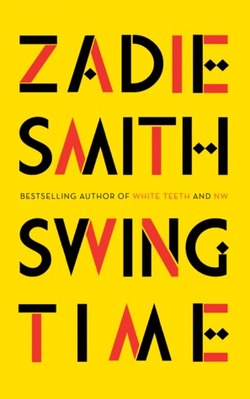 In contrast to the three women who shape her through childhood to early middle age, the female narrator of Zadie Smith’s fifth novel is so insipid, she doesn’t even bother to tell us her name. Her mother, a beautiful Jamaican-born feminist, autodidact and activist who resembles Nefertiti, delegates parenting to her less ambitious husband while she plots her escape from the confines of gender, race and class. She barely tolerates our narrator’s intense friendship with Tracey, the only other brown-skinned girl at their North London dancing class. With her doting, but foul-mouthed white English mother and absent African Caribbean father (whom the little girl claims is on tour with Michael Jackson, when he’s actually in prison), Tracey’s allotment of advantage and disadvantage mirrors hers. Their relationship pirouettes around a shared passion and a suppressed mutual envy: while Tracey has the skill and talent to make it to the stage, the narrator’s relative stability with a loving father provide some compensation for her flat feet.
These two novels explore the impact of two of America’s controversial wars (Vietnam and Iraq) on combatants, observers and their nearest and dearest.
Let me introduce you to two novels by established female authors about young people struck down by serious illness, set in the social context of the British National Health Service, the first in its contemporary incarnation and the second at its inception.
|
entertaining fiction about identity, mental health and social justice
Annecdotal is where real life brushes up against the fictional.
Annecdotist is the blogging persona of Anne Goodwin:
reader, writer, slug-slayer, tramper of moors, recovering psychologist, struggling soprano, author of three fiction books. LATEST POSTS HERE
I don't post to a schedule, but average around ten reviews a month (see here for an alphabetical list), some linked to a weekly flash fiction, plus posts on my WIPs and published books. Your comments are welcome any time any where. Get new posts direct to your inbox ...
or click here …
Popular posts
Categories/Tags
All
Archives
March 2024
BLOGGING COMMUNITIES
|
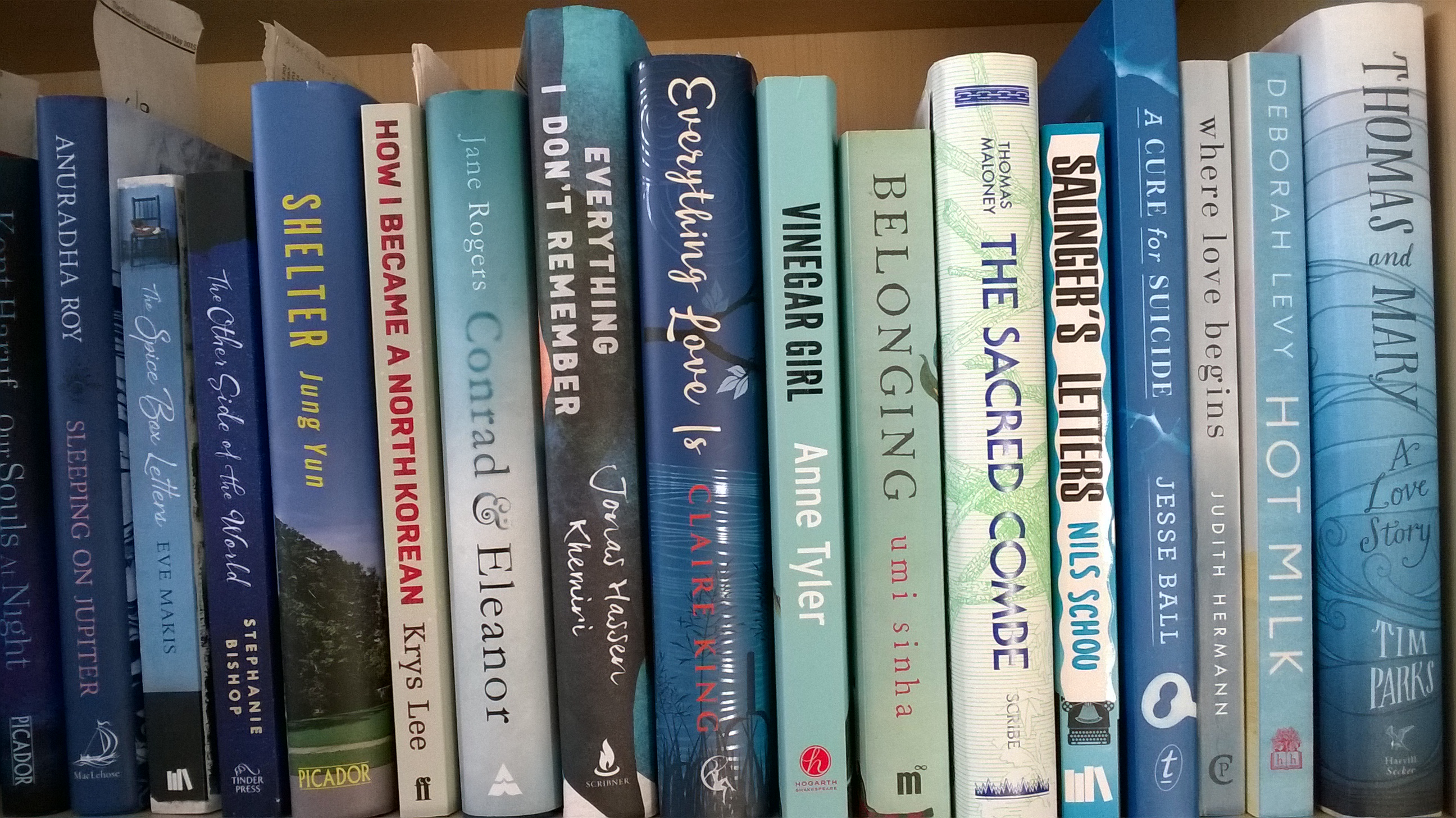
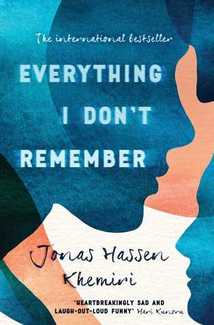
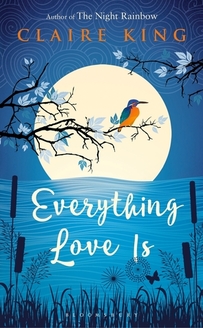


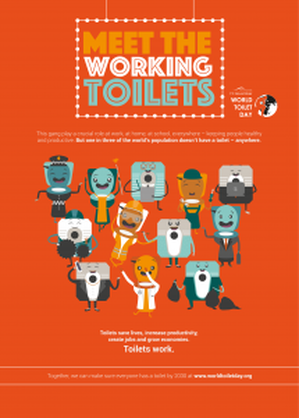

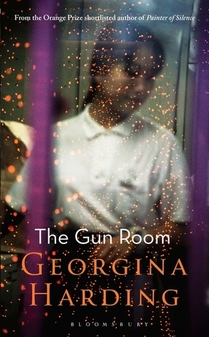
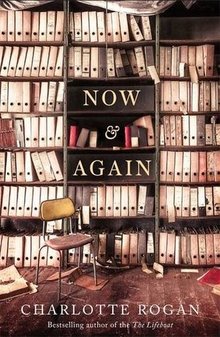


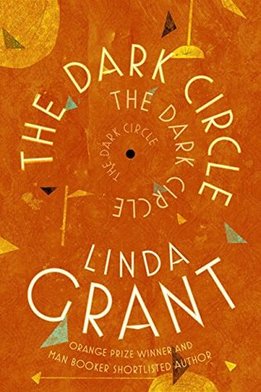





















 RSS Feed
RSS Feed





















